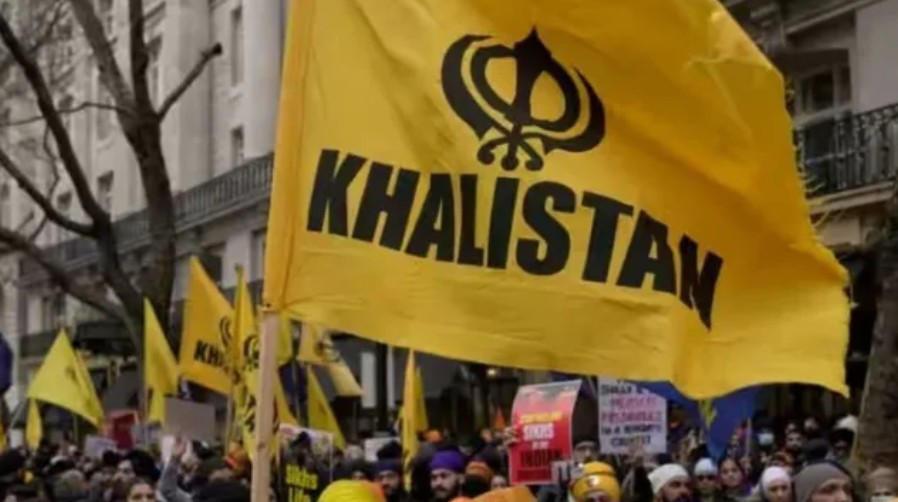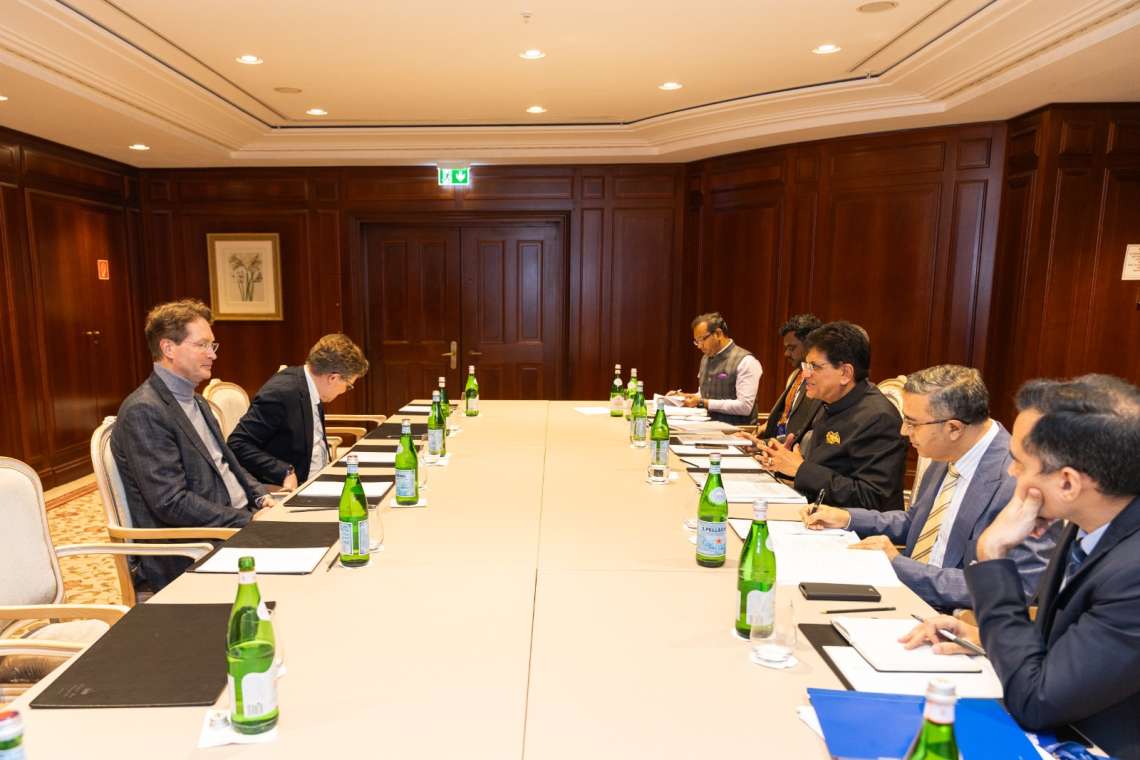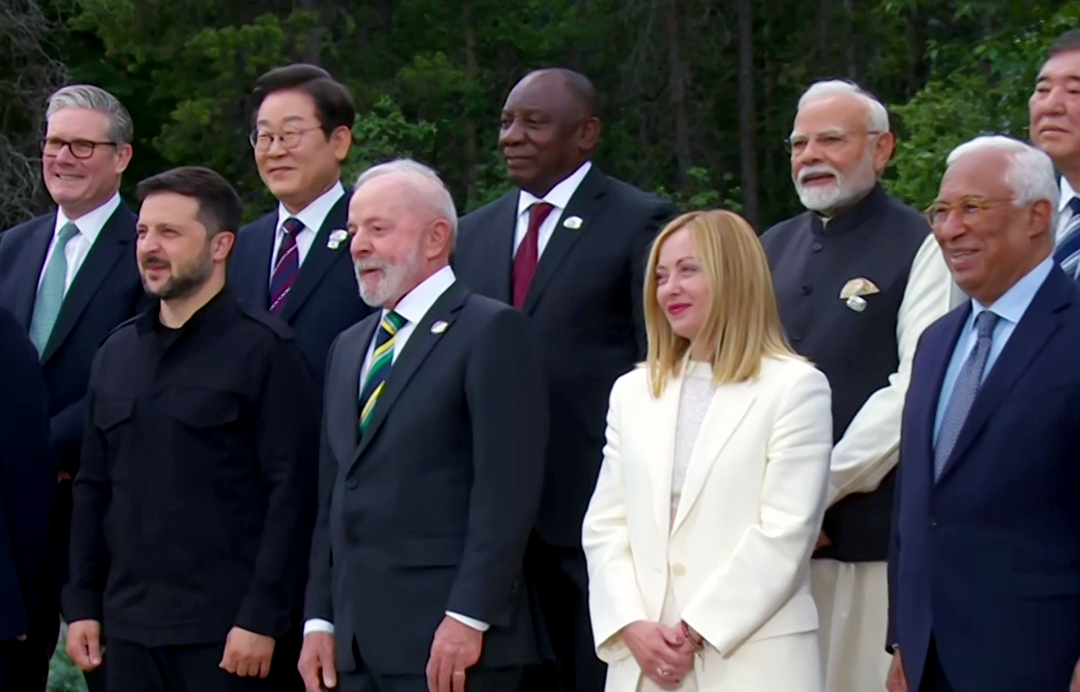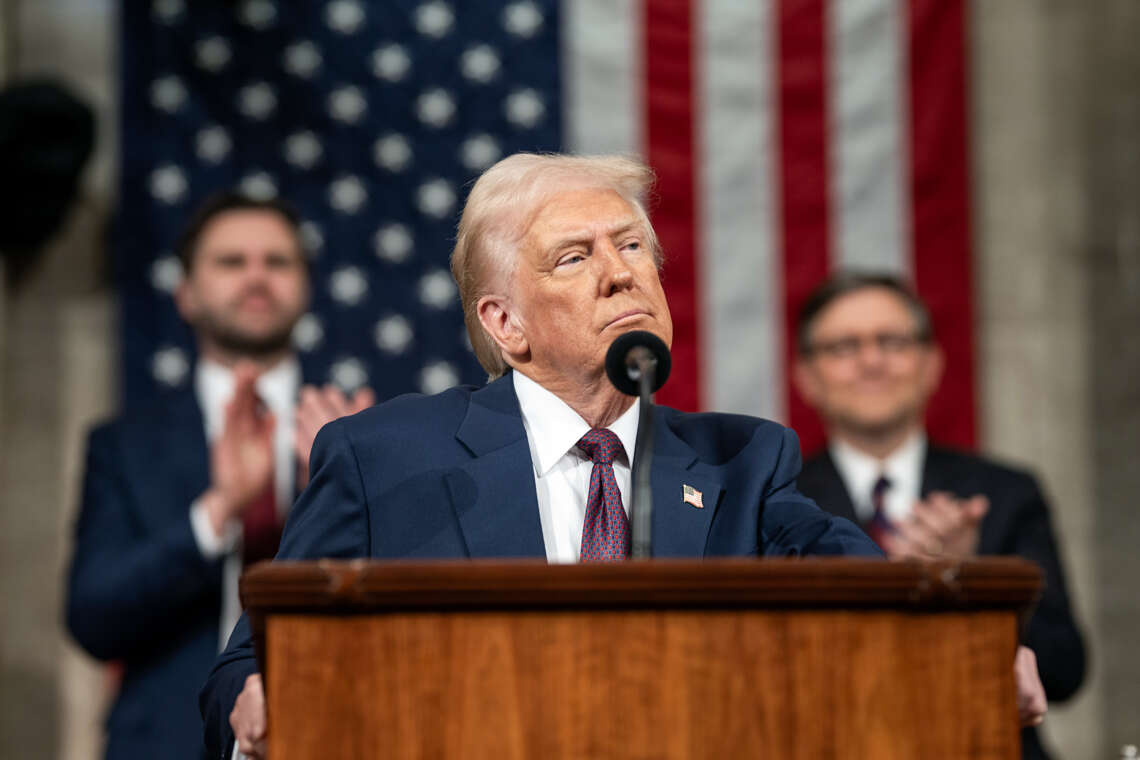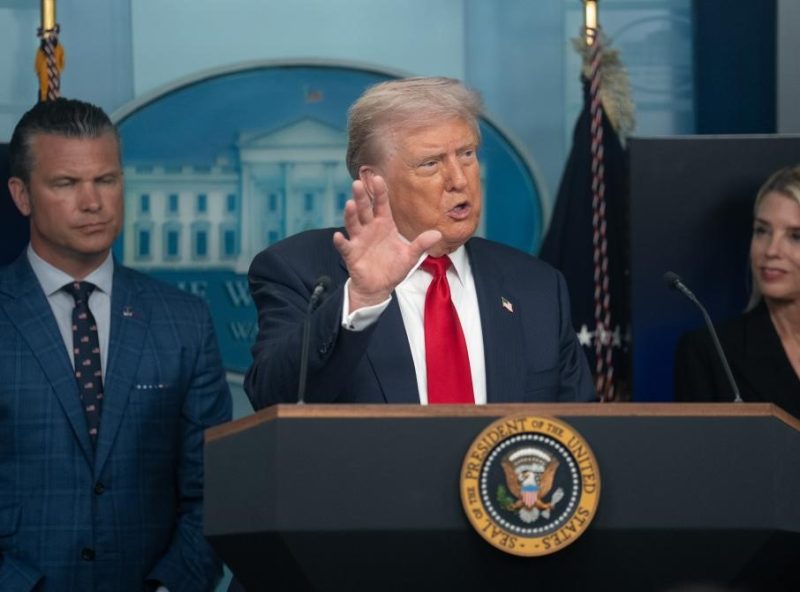For years, India has raised concerns about Khalistani extremists operating from Canadian soil, but these concerns were largely ignored by Canada…reports Asian Lite News
Canada’s premier intelligence agency, the Canadian Security Intelligence Service (CSIS), has officially acknowledged that Khalistani extremists are using Canadian soil to promote, fundraise, and plan violence in India. This revelation comes as part of CSIS’s annual report released on Wednesday, which outlines key concerns and threats to Canada’s national security
For years, India has raised concerns about Khalistani extremists operating from Canadian soil, but these concerns were largely ignored by Canada. The CSIS report now confirms that Canada has become a safe haven for anti-India elements, validating India’s long-standing concerns. This development comes a day after Prime Minister Narendra Modi and his Canadian counterpart, Mark Carney, agreed to take calibrated steps to restore stability to the relationship between the two countries. The leaders decided to restore High Commissioners to each other’s capitals, a move aimed at normalizing diplomatic relations.
At the G7 Leaders’ Summit in Kananaskis, Alberta, Prime Minister Mark Carney held talks with Prime Minister Narendra Modi. Both leaders agreed to designate new high commissioners, with the goal of returning to regular services for citizens and businesses in both countries, according to a press release from the Prime Minister of Canada.
The Politically Motivated Violent Extremism (PMVE) in threat Canada has primarily manifested through Canada-based Khalistani extremists (CBKEs) seeking to create an independent nation-state called Khalistan, largely within Punjab in India. The report notes that since the mid-1980s, the PMVE threat in Canada has been driven by CBKEs. A small group of individuals are considered Khalistani extremists because they continue to use Canada as a base for the promotion, fundraising, or planning of violence primarily in India. The report highlights that real and perceived Khalistani extremism emerging from Canada continues to drive Indian foreign interference activities in Canada.
This revelation has reignited concerns about foreign interference and extremist activity within Canada, particularly in the context of its sensitive diplomatic relationship with India. Canada’s own intelligence security has confirmed what New Delhi has long maintained: Canada has become a safe haven for anti-India elements. The report calls for sustained vigilance against both external influence campaigns and domestic extremist financing networks. It states that these activities attempt to steer Canada’s positions into alignment with India’s interests on key issues, particularly with respect to how the Indian government perceives Canada-based supporters of an independent homeland that they call Khalistan.
Tensions between the two countries escalated further when former Canadian Prime Minister Justin Trudeau claimed that his government had “credible allegations” of India’s involvement in the killing of Khalistani terrorist Hardeep Singh Nijjar in Canada in 2023. India has strongly denied these allegations, terming them “absurd” and “motivated,” and has accused Canada of giving space to extremist and anti-India elements. In the aftermath, India recalled six diplomats from Canada after they were declared “persons of interest” by Canadian authorities investigating Nijjar’s killing. Nijjar was shot dead outside a gurdwara in Surrey, British Columbia, on June 18, 2023.
The CSIS report reads, “Links between the Government of India and the Nijjar murder signal a significant escalation in India’s repression efforts against the Khalistan movement and a clear intent to target individuals in North America.” It further adds that real and perceived Khalistani extremism emerging from Canada continues to drive Indian foreign interference activities in Canada.
Canadian Prime Minister Mark Carney faced criticism for inviting Indian Prime Minister Narendra Modi to the G7 summit, with some Sikh advocates and his own MPs expressing disapproval. However, Carney defended his decision, citing India’s significance in global affairs. He emphasized India’s status as the world’s fourth-largest economy and most populous country, making it a crucial player in addressing global challenges.
The acknowledgment by CSIS marks a significant shift in Canada’s stance on the issue of Khalistani extremism. It underscores the need for greater cooperation between Canada and India to address the threat posed by extremist elements operating from Canadian soil. As both countries work towards restoring diplomatic relations, the findings of the CSIS report will likely play a crucial role in shaping future policies and actions aimed at countering extremism and ensuring regional stability.


